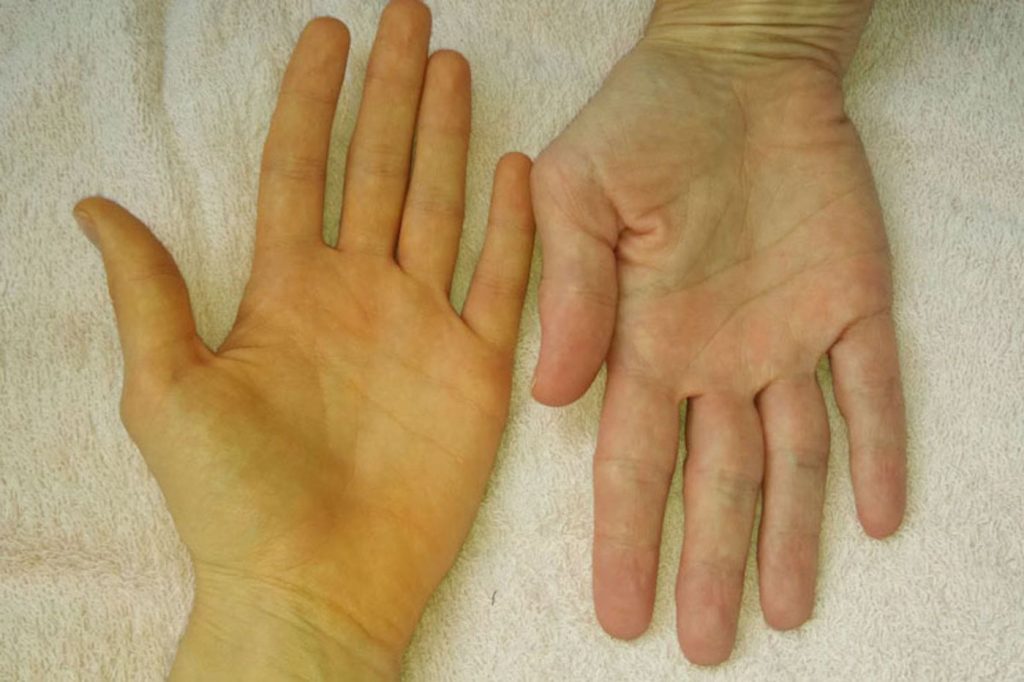Lung Cancer
It it likely not a surprise to anybody reading this that lung cancer is more often than not caused by smoking. What you may not know, however, is that the cancer that leads to the most deaths in the United States is lung cancer.

There are two main types of lung cancer: non-small cell lung cancer, which is more common, and small cell lung cancer. The distinction is made between the two based on how the cancer cells appear underneath a microscope. The most common lung cancer symptoms are: a persistent cough, bloody phlegm and/or spit, chest pain that worsens when breathing deeply/coughing/laughing, shortness of breath, and unexplained weight loss/lack of appetite, fatigue/weakness.
In the event that lung cancer spreads to other organs, it can cause a whole slew of symptoms such as: pain in the bones (especially in the back and hips), changes in the nervous system (such as headaches, weakness, dizziness, and balance problems) which means that it has spread to the brain and/or spinal cord, jaundice (which means that it has spread to the liver), and lumps near the body’s surface (especially in the neck or right above the collarbone). Unfortunately, lung cancer does not tend to respond well to treatment.
More from Things Health
-
10 Common Symptoms of Early Stage Cancer
Due to technological advances over the past 50 years, huge progress has been made when it comes to the fight against cancer. However, there is…
-
Signs and Symptoms of Liver Damage
There are a variety of different causes of liver damage. For some, it is caused by genetics, making an individual prone to it, exposure to…
-
Warning Signs and Symptoms of Non-Melanoma Skin Cancer
Non-melanoma skin cancer is a type of cancer that starts in the cells on the skin, the body’s largest organ. There are two type of…
-
Types Of Skin Cancer
Skin cancer happens when skin cells are damaged, for instance, by overexposure to ultraviolet rays from the sun. Melanoma - the most dangerous type of…
-
Warning Signs of Lung Cancer
Every year about 1.3 million people die from lung cancer. Luckily, however, lung cancer is not always fatal and many people do live long, healthy…






